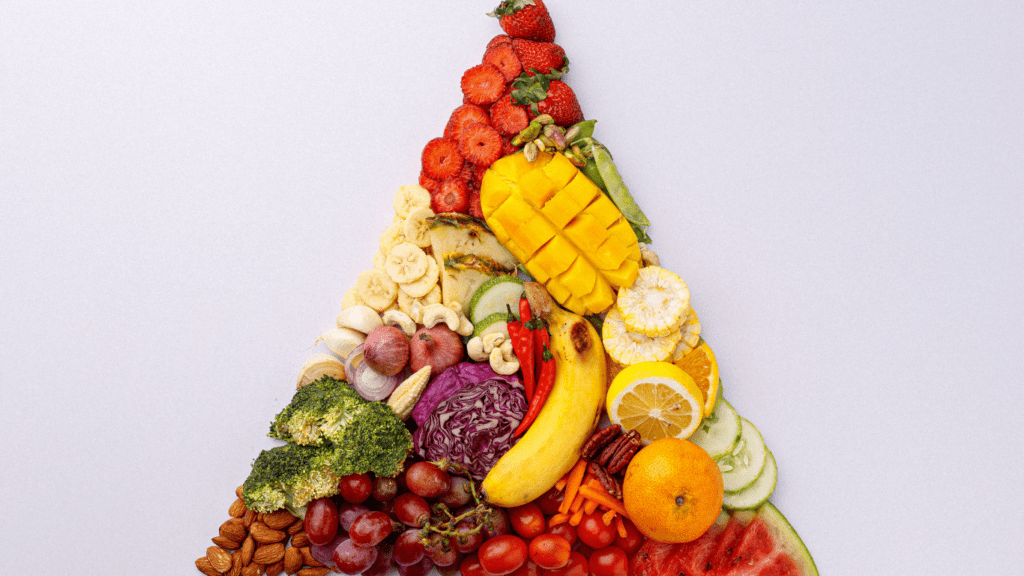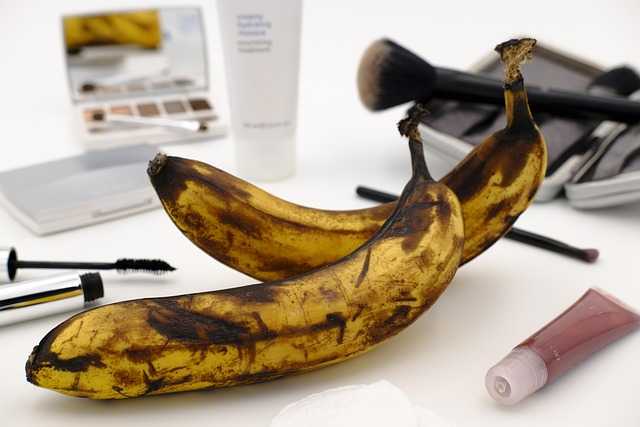Understanding the Link Between Diet and Skin Health
Our diet plays a crucial role in maintaining skin health. Nutrient-rich foods contribute to a radiant complexion, while poor dietary choices can lead to various skin issues.
The Impact of Nutrition on Skin
Nutrition directly affects skin’s appearance and function. Essential vitamins, minerals, and antioxidants support skin elasticity, hydration, and repair.
For example, Vitamin C aids collagen production, and Omega-3 fatty acids reduce inflammation. A diet lacking these nutrients can result in dryness, wrinkles, and increased susceptibility to acne and other skin conditions.
Common Dietary Culprits Affecting Skin Quality
Certain foods can negatively impact skin quality. High sugar intake leads to glycation, damaging collagen and elastin and causing premature aging.
Dairy products, for some individuals, trigger acne flare-ups due to hormones present in milk. Processed foods and those high in unhealthy fats can increase oil production and inflammation, exacerbating skin problems.
Limiting these culprits helps maintain clearer, healthier skin.
Key Nutrients for Radiant Skin
Choosing the right nutrients can significantly improve skin health. I’ll focus on the essential vitamins, healthy fats, and the importance of hydration.
Vitamins Essential for Skin Health
Certain vitamins play crucial roles in maintaining and improving skin health:
- Vitamin C: Promotes collagen production, fights free radicals, and brightens the skin. Found in citrus fruits, bell peppers, and strawberries.
- Vitamin E: Acts as an antioxidant, protects against UV damage, and supports skin repair. Present in nuts, seeds, and spinach.
- Vitamin A: Aids in cell regeneration, reduces wrinkles, and fights acne. Available in carrots, sweet potatoes, and leafy greens.
- Vitamin D: Enhances skin cell growth and repair. Sourced from sun exposure, fortified dairy products, and fatty fish.
- Hydration: Adequate water intake ensures skin cells function properly, maintains elasticity, and flushes out toxins. Aim for at least 8 cups of water daily.
- Healthy Fats: Omega-3 and Omega-6 fatty acids support skin barrier function and reduce inflammation. Obtain these from fatty fish, flaxseeds, and walnuts.
Designing Your Healthy Meal Plan

Creating a meal plan tailored to your skin’s needs can help you achieve radiant skin. Understanding the necessary nutrients and incorporating diverse foods ensure optimal results.
Assessing Your Dietary Needs
Understanding your dietary needs is crucial for creating an effective meal plan. Consulting a nutritionist can provide personalized insights.
Adapt your plan based on factors like age, skin type, and lifestyle. Each nutrient supports specific skin functions, such as Vitamin C for collagen, Vitamin E for UV protection, and Omega-3 for inflammation.
Sample Meal Ideas for Radiant Skin
Incorporate nutrient-dense foods into your meals. For breakfast, consider a smoothie with spinach, berries, chia seeds, and Greek yogurt.
For lunch, a quinoa salad with avocado, cherry tomatoes, and grilled chicken provides balanced nutrition. Dinner can include grilled salmon, sweet potatoes, and steamed broccoli.
Snacks like almonds, carrots, and hummus deliver quick, skin-boosting nutrients.
Here’s a detailed example:
Breakfast:
- Green smoothie with 1 cup spinach, 1/2 cup berries, 1 tbsp chia seeds, 1/2 cup Greek yogurt.
Lunch:
- Quinoa salad with 1/2 cup quinoa, 1/2 avocado, 10 cherry tomatoes, 1 grilled chicken breast.
Dinner:
- Grilled salmon fillet, 1 sweet potato, 1 cup steamed broccoli.
- Handful of almonds, 1 cup carrot sticks, 2 tbsp hummus.
By carefully selecting foods high in essential nutrients, you actively support your skin’s health and radiance.
Additional Tips for Enhanced Skin Health
To further boost skin health, consider additional strategies beyond just nutrition. These tips can complement a healthy meal plan.
The Role of Supplements
Supplements can fill gaps in nutrition, aiding skin health. Vitamins like Vitamin E and Vitamin D support skin repair and protection. Omega-3 fatty acid supplements can enhance skin hydration and elasticity.
Always consult a healthcare provider before starting any supplement regimen to ensure it’s safe and necessary for your specific needs.
Lifestyle Factors Influencing Skin Health
Several lifestyle factors impact skin health. Regular exercise improves circulation, supplying skin cells with oxygen and nutrients. Adequate sleep allows skin to repair and regenerate.
Managing stress reduces cortisol levels, which can otherwise trigger breakouts and dullness. Avoiding smoking and limiting alcohol intake prevent oxidative stress and skin dehydration.
Implementing these lifestyle habits promotes not only skin health but overall well-being.


 Bradley Frankirly is a distinguished article writer at Body Care And Matter, bringing a unique perspective to the world of health and wellness journalism. With a keen eye for detail and a passion for storytelling, Bradley crafts articles that resonate deeply with readers, offering both informative content and a relatable narrative.
Bradley Frankirly is a distinguished article writer at Body Care And Matter, bringing a unique perspective to the world of health and wellness journalism. With a keen eye for detail and a passion for storytelling, Bradley crafts articles that resonate deeply with readers, offering both informative content and a relatable narrative.

